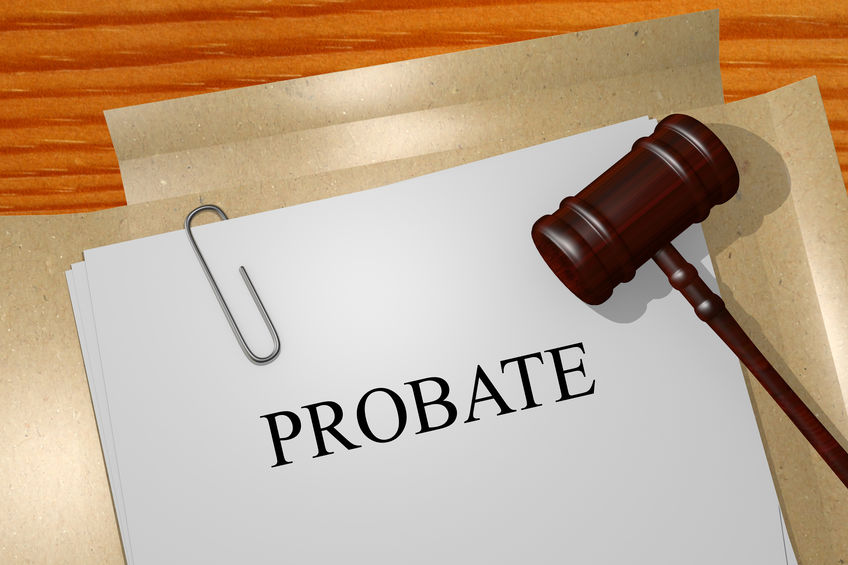- EXPERIENCED LAW FIRM IN TOLEDO, OH
- (419) 662-3100
Probate Vs. Non-Probate Assets

We specialize in Municipal Law
November 20, 2014
How Often Should I Be Updating My Will?
February 15, 2019When it comes to estate planning, the probate process is, perhaps, one of the most feared and most misunderstood parts of the process. The costs and the time frame of the probate court are often feared by those who are setting up their estate plans, causing them to seek methods to avoid probate court altogether. While probate court does not have to be the frightening process you may be thinking it is, it is good to understand what to expect, starting with the difference between probate and non-probate assets. Here is what these two terms mean…
What are Non-Probate Assets?
Non-probate assets are assets that are held with a beneficiary designation. This may be an asset that is held jointly with another person, such as your spouse, with the rights of survivorship. It may also be assets held in the name of a trust or with a trust named as the beneficiary. Some assets have built-in beneficiary designations, such as your life issuance policy or assets labeled as pay-on-death or transfer-on-death. These types of assets will pass directly to the named party on your death without going into the probate court. These assets are also not controlled by a will. The documentation surrounding the title or other ownership document is what outlines the transfer process.
What Are Probate Assets?
If an asset is held in your name only, with no beneficiary designation and not held as a joint asset with your spouse or someone else, then it is considered a probate asset. These assets are the ones that you will oversee, and they will have to go through the probate court process before they can be distributed. If you do not have a will in place, the process can be even more drawn out, as the courts will have to decide how to transfer the assets after your death. These assets may include your bank accounts, real estate holdings, or stock if they only have your name on them.
Assets That Are Sometimes Confusing
Some types of assets can be either probate or non-probate assets, depending on how they are designated. For example, most life insurance policies list a person as a beneficiary and thus are non-probate assets, but some do not. If the policy lists you or your estate as the beneficiary, rather than a person or trust, then it will need to go through the probate courts. Similarly, if you have a brokerage account that does not list a person as a beneficiary, then it will go through probate.
The best way to protect assets from the probate process is to name someone as a beneficiary on the title or ownership documents. Using a trust is another option. If you are looking for more advice about protecting your estate and your loved ones from probate, reach out to a probate attorney for expert guidance.




